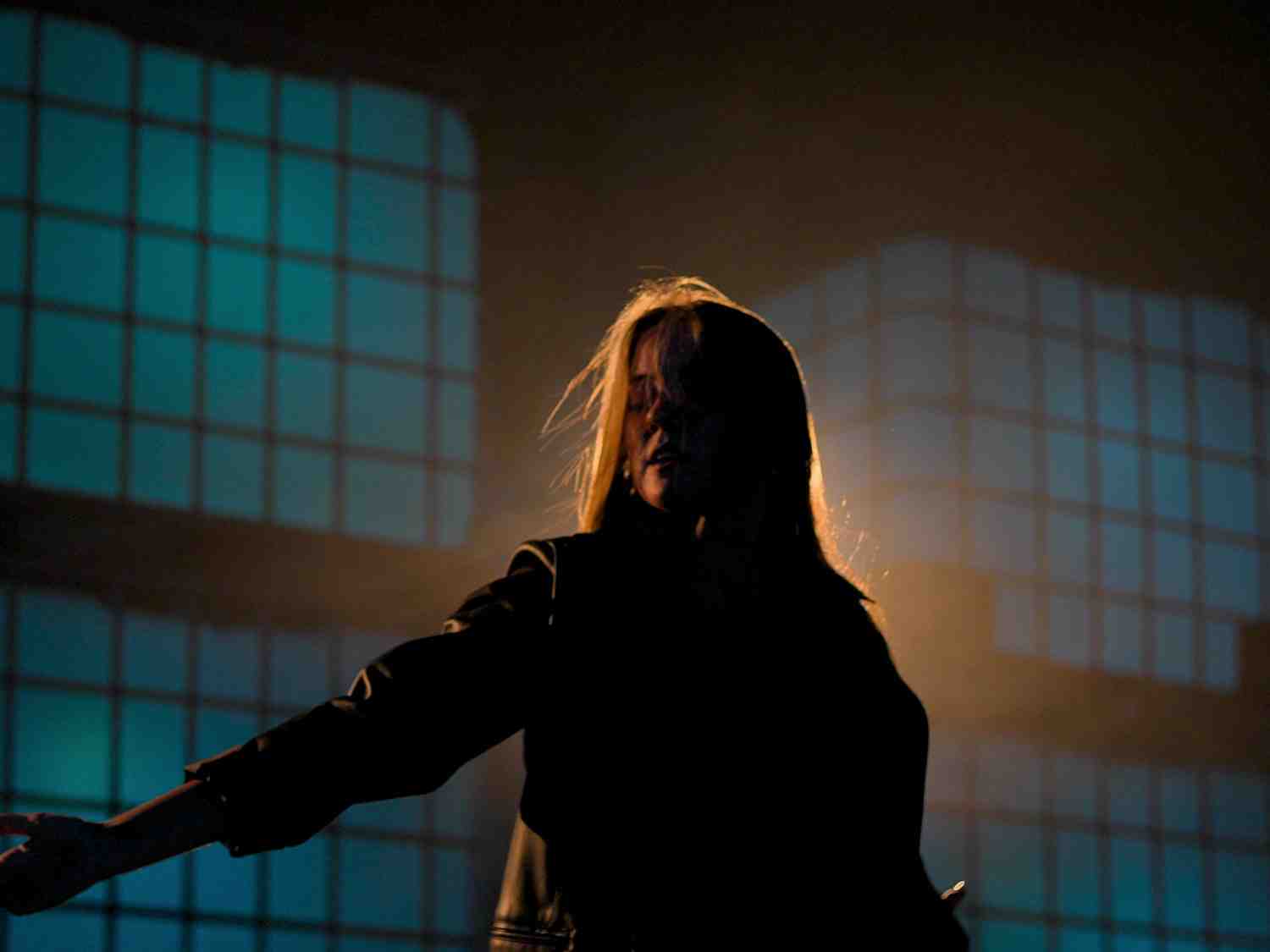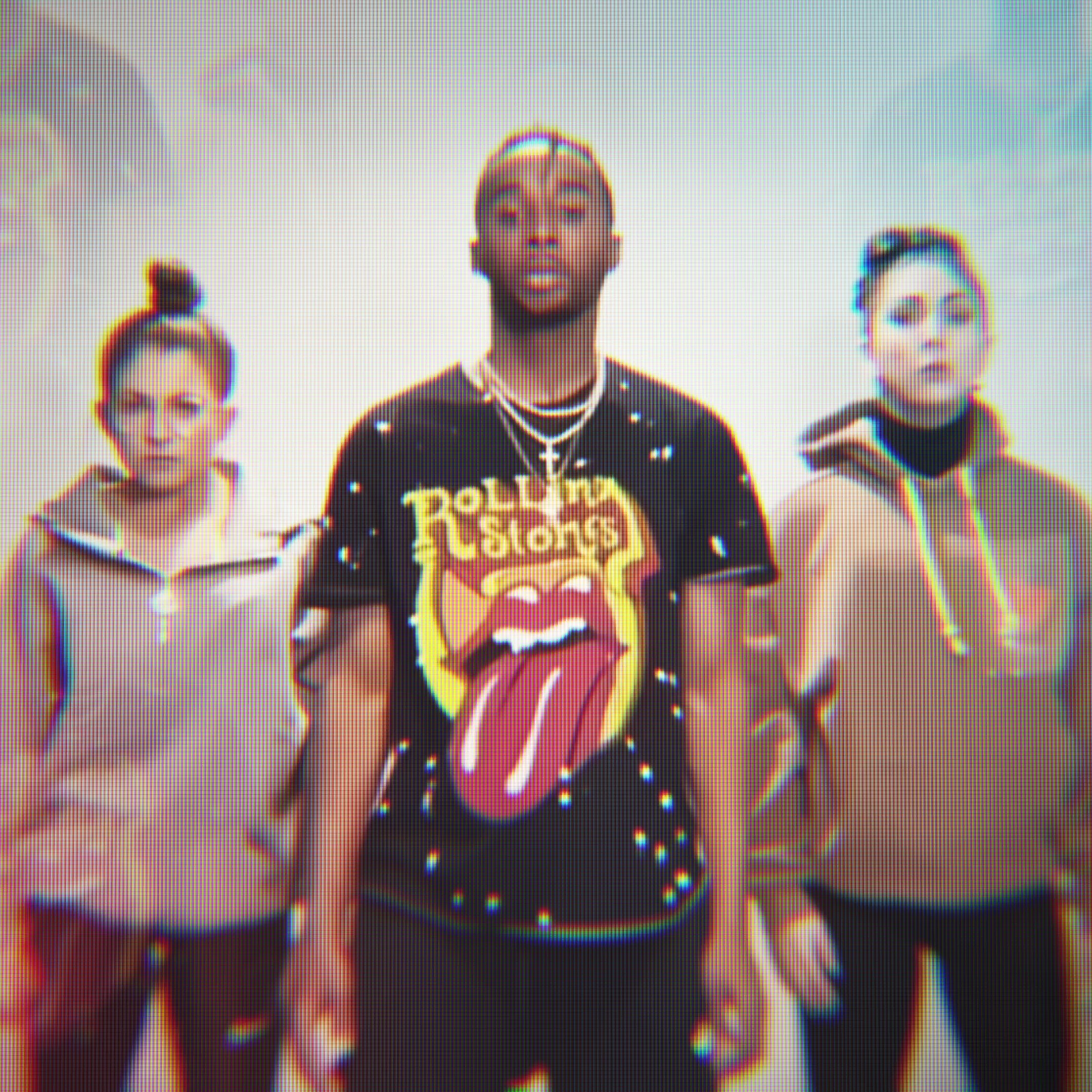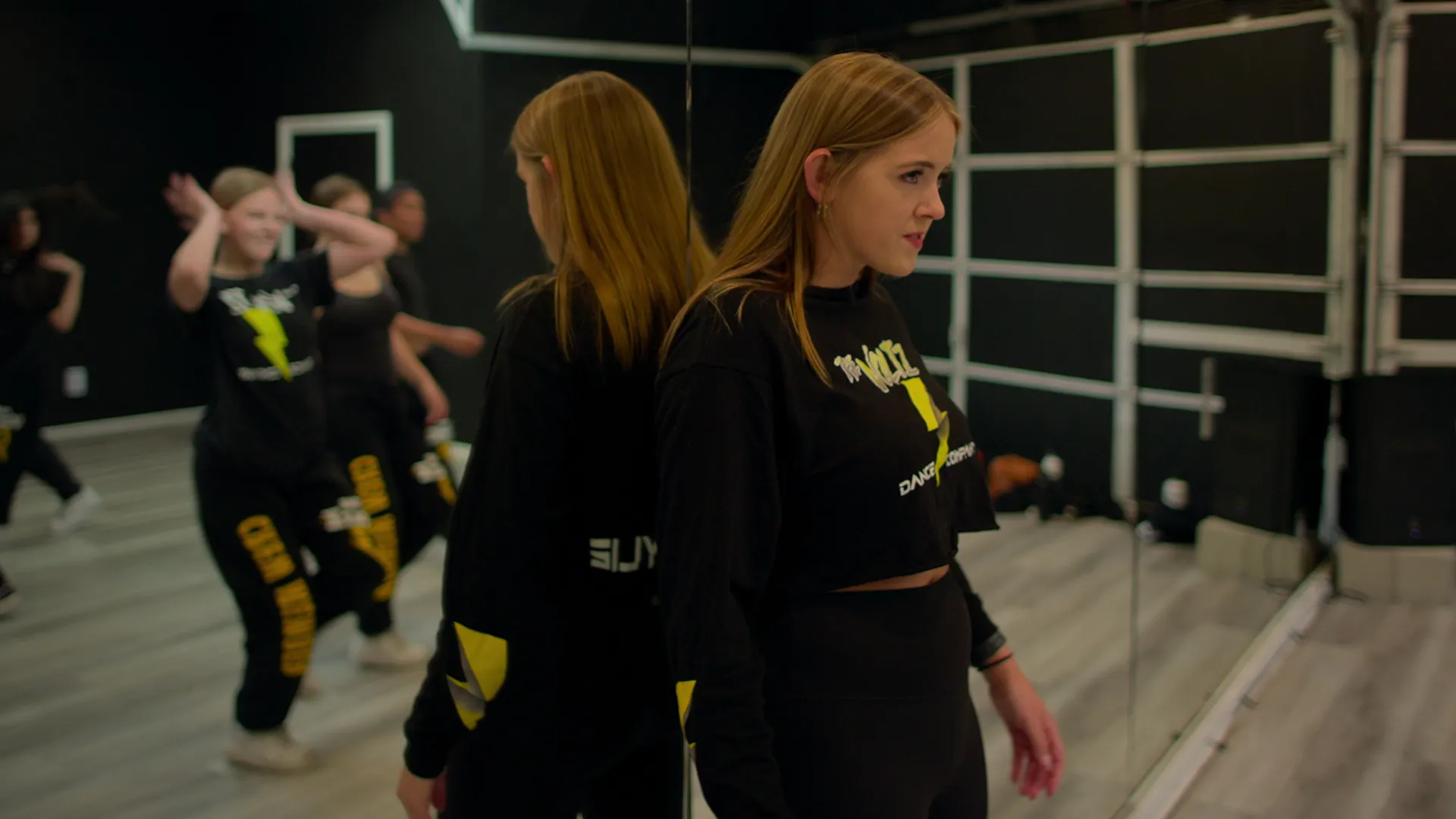
Does ‘Dancing for the Devil’ truly explain life in the 7M cult?
When Netflix dropped Dancing for the Devil: The 7M TikTok Cult, it sent shockwaves through the pop-culture landscape, exposing the dark underbelly of a group that seemed to be living the TikTok dream. The docuseries probes into allegations that 7M Films, posing as a talent agency, is actually a sinister cult led by Robert Shinn. Featured dancer Miranda Derrick disputes her involvement, but the testimonies from former members and desperate families paint a chilling portrait.

Dance, Deceit, and Defiance
Dancing for the Devil dives into the intricate web spun by 7M Films and Shekinah Church, revealing how talented dancers found themselves ensnared. The docuseries puts a spotlight on the charismatic control exerted by Robert Shinn, drawing parallels to previous cult-like groups where leaders wield undue influence over their followers’ lives.
Public opinion has been largely sympathetic toward the dancers, seeing them as victims of manipulation. Social media buzz has ignited discussions about vulnerable young talent in the entertainment industry. Articles from publications like Rolling Stone and Vice highlight how Shinn’s promises of fame and spiritual fulfillment masked a troubling exploitation.
Netflix’s portrayal is raw and relentless. Experts in psychology and cult behavior featured in the series affirm the dancers’ experiences, paralleling them with historical cult manipulation tactics. The docuseries is not just about exposing 7M Films; it’s a look into the darker side of fame in the digital age. Viewers are left questioning the fine line between management and manipulation.

Cult or company?
Contrary to Derrick’s defense, the docuseries leaves no stone unturned in spotlighting disturbing accounts from ex-dancers who allege manipulation, isolation, and financial control. Derrick’s family voices their fears, claiming she is under Shinn’s sway and cut off from loved ones. Viewers are left questioning: is it showbiz or sinister?
The release of Dancing for the Devil has reignited debates in the TikTok community. Some viewers think the documentary unfairly targets 7M Films, portraying it as predatory without concrete evidence of cult activity. Others are convinced the series is a wake-up call about the dangers lurking behind the glitzy facade of social media fame.
Academic analyses back these concerns. Studies suggest charismatic leaders and isolated group dynamics can foster environments ripe for exploitation and abuse. It invokes past discoveries from Jonestown to NXIVM, reminding us that dancing for the devil is a dance of deception. With the spotlight firmly on 7M, the conversation about the thin line between support and control in influencer management rages on.

Unmasking 7M
Dancing for the Devil scrutinizes the dynamics within 7M Films and Shekinah Church, offering a chilling narrative of how aspiring dancers became entangled in an exploitative system. The magnetic influence of Robert Shinn looms large, with former members recounting their paths from hopefuls to feeling imprisoned by deceit.
Public sentiment has largely rallied behind the dancers. As articles in Rolling Stone and Vice illustrate, the broader community resonates with stories of young talents being lured with promises of stardom and spiritual purity, only to find themselves in a web of control. It’s a stark reminder of the dangers lurking in the entertainment industry.
Netflix’s raw exposé isn’t just sensational storytelling; it’s a poignant exploration supported by psychological experts on cult behavior. Their analysis draws striking comparisons between 7M Films’ tactics and those of notorious cults. This series isn’t just a peek into one organization; it’s a sobering reflection on the darker facets of fame and digital age vulnerabilities.
 Cult or company?
Cult or company?
Contrary to Derrick’s defense, the docuseries leaves no stone unturned in spotlighting disturbing accounts from ex-dancers who allege manipulation, isolation, and financial control. Derrick’s family voices their fears, claiming she is under Shinn’s sway and cut off from loved ones. Viewers are left questioning: is it showbiz or sinister?
The release of Dancing for the Devil has reignited debates in the TikTok community. Some viewers think the documentary unfairly targets 7M Films, portraying it as predatory without concrete evidence of cult activity. Others are convinced the series is a wake-up call about the dangers lurking behind the glitzy facade of social media fame.
Academic analyses back these concerns. Studies suggest charismatic leaders and isolated group dynamics can foster environments ripe for exploitation and abuse. It invokes past discoveries from Jonestown to NXIVM, reminding us that dancing for the devil is a dance of deception. With the spotlight firmly on 7M, the conversation about the thin line between support and control in influencer management rages on.

Dance, Deceit, and Defiance
**Dancing for the Devil** dives into the intricate web spun by 7M Films and Shekinah Church, revealing how talented dancers found themselves ensnared. The docuseries puts a spotlight on the charismatic control exerted by Robert Shinn, drawing parallels to previous cult-like groups where leaders wield undue influence over their followers’ lives.
Public opinion has been largely sympathetic toward the dancers, seeing them as victims of manipulation. Social media buzz has ignited discussions about vulnerable young talent in the entertainment industry. Articles from publications like Rolling Stone and Vice highlight how Shinn’s promises of fame and spiritual fulfillment masked a troubling exploitation.
Netflix’s portrayal is raw and relentless. Experts in psychology and cult behavior featured in the series affirm the dancers’ experiences, paralleling them with historical cult manipulation tactics. The docuseries is not just about exposing 7M Films; it’s a look into the darker side of fame in the digital age. Viewers are left questioning the fine line between management and manipulation.
Untangling the truth
Dancing for the Devil: The 7M TikTok Cult leaves viewers grappling with complex emotions and lingering questions. While Miranda Derrick defends her involvement with 7M Films, the harrowing testimonials from ex-dancers and the analytical rigor of psychological experts cast a long shadow over Shinn’s empire. The series transcends mere entertainment, serving as a stark mirror to the often murky waters of influencer management. This Netflix docuseries underscores a crucial lesson: in the glittering world of social media fame, what glimmers isn’t always gold.




 Cult or company?
Cult or company?